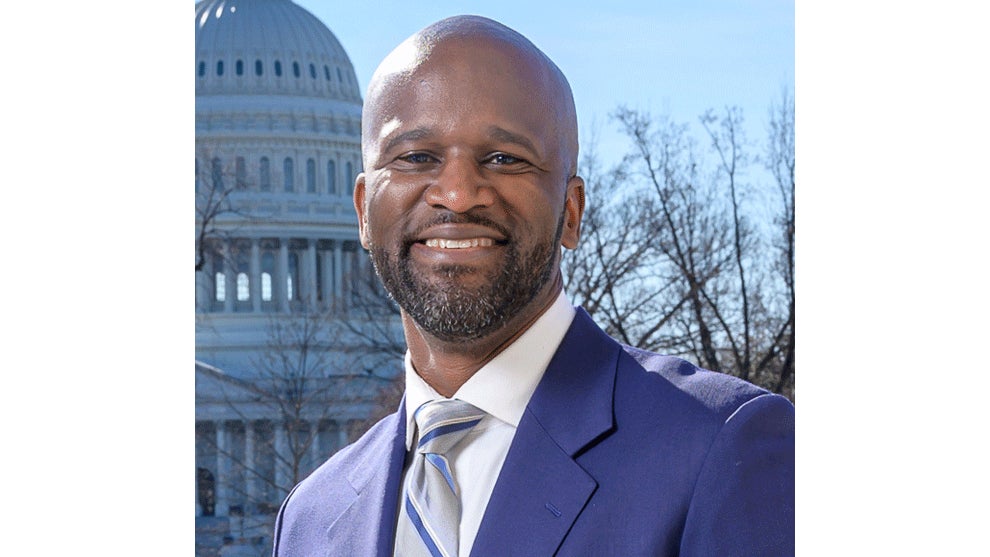Mississippi seeks seafood disaster amid spillway complaints
Published 6:36 pm Friday, June 7, 2019
(AP) — Mississippi’s governor wants the federal government to declare a fisheries disaster as freshwater from a Mississippi River spillway gushes into what’s normally a partly salty estuary, killing countless oysters and crabs.
The unprecedented second opening of Louisiana’s Bonnet Carré spillway last month due to constant rainfall also has an increasing number of Mississippi officials demanding a voice in when the spillway is opened.
That’s because the freshwater from the river that streams through Louisiana’s Lake Pontchartrain and into the Mississippi Sound is bad for oysters, shrimp, crabs and other marine life that depends on the right balance between freshwater and saltwater.
Gov. Phil Bryant announced Friday that he had made the request, releasing a May 31 letter to U.S Commerce Secretary Wilbur Ross. Bryant says 70% of the Mississippi Sound’s already imperiled oyster population is estimated to be dead, with the crab catch down by 35%. He also noted that shrimp season would normally be getting underway in June.
“The large releases of freshwater from the actions of the spillway inundate the saltwater of the Mississippi Sound and greatly disrupts the unique ecosystem, and subsequently, all sea life of this region,” the Republican Bryant wrote to Ross.
The Commerce Department has declared more than 80 fisheries disasters under the law since 1992. Such a declaration typically results in federal loans and aid to affected fishermen.
It’s just one example of the push-pull over managing the historic amounts of water coursing down the Mississippi after a spectacularly wet winter and spring over much of the central United States, creating losers as well as winners.
“Water isn’t going to go uphill. It’s not going to go to Minnesota” said Monty Graham, director of the University of Southern Mississippi School of Ocean Science and Engineering. His academic unit is studying the effects of the flood.
The spillway is one of the U.S. Army Corps of Engineers’ go-to solutions when the river is high enough to put pressure on levees around New Orleans. This year’s months-long flood along the Mississippi led the Corps to open the spillway for an unprecedented second time, after already opening and closing it once before. Salinity levels in the sound are normally about 18-22 parts per thousand, about half the saltiness in deeper parts of the Gulf of Mexico. But Friday, the highest salinity level of any reporting station in the sound was 7.6 parts per thousand.
That’s especially bad for oysters and other plants and animals anchored to a particular spot. Mississippi’s oyster industry has been in steep decline because of repeated freshwater inundations and other problems.
Graham says the plants and animals in the northern Gulf of Mexico are used to wide swings in saltiness and temperature, but said a heavy dose of freshwater in late spring and early summer could be especially bad. That’s when plants and animals in the shallows atop the continental shelf are normally bulking up at the beginning of a new growing season. Graham said that with normal summer winds from the south, the giant shield of freshwater could linger all summer in the Mississippi Sound. The only thing likely to break it up would be a tropical storm.
“You’re really talking about a prolonged event that’s happening at the wrong time for productivity on the shelf,” Graham said. “There likely will be a cascading ecological effect that will continue through next spring or longer.”
Mississippi Attorney General Jim Hood, a Democrat running for governor, last month asked for a meeting with the Corps of Engineers to discuss impacts on the sound. U.S. Rep Steven Palazzo, a Republican representing the Mississippi coast, on Wednesday called for Mississippi to be granted a permanent position on the Mississippi River Commission, a body of four Corps of Engineers officers and three civilians that makes decisions about the vast flood protection system along the lower Mississippi.
That could necessitate a change in the 1879 federal law that governs the body, and Palazzo said he was ready to draft legislative changes “that ensures that all those affected by the commission are represented in the decision-making process.”
Palazzo also called on the commission “to communicate a transparent plan that mitigates current ecological damage as well as establishes preventative measures that will ensure the situation does not repeat itself.”





